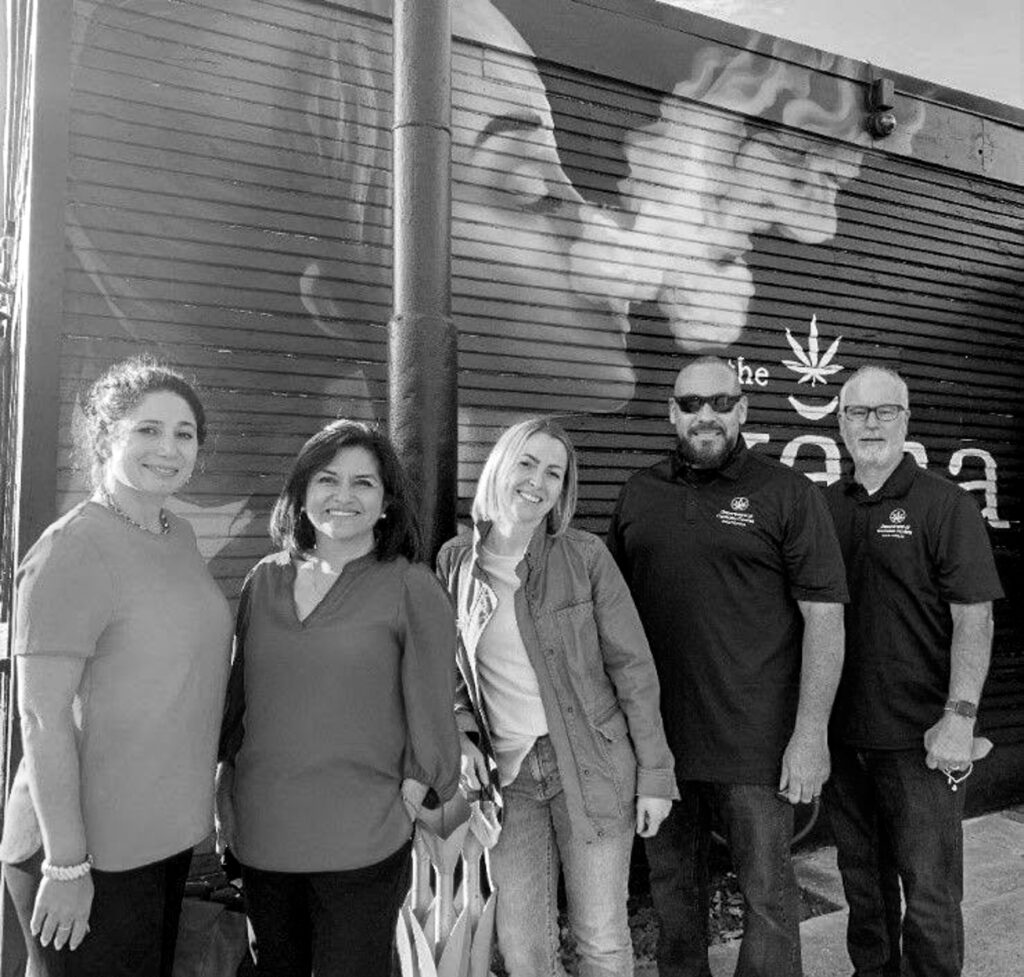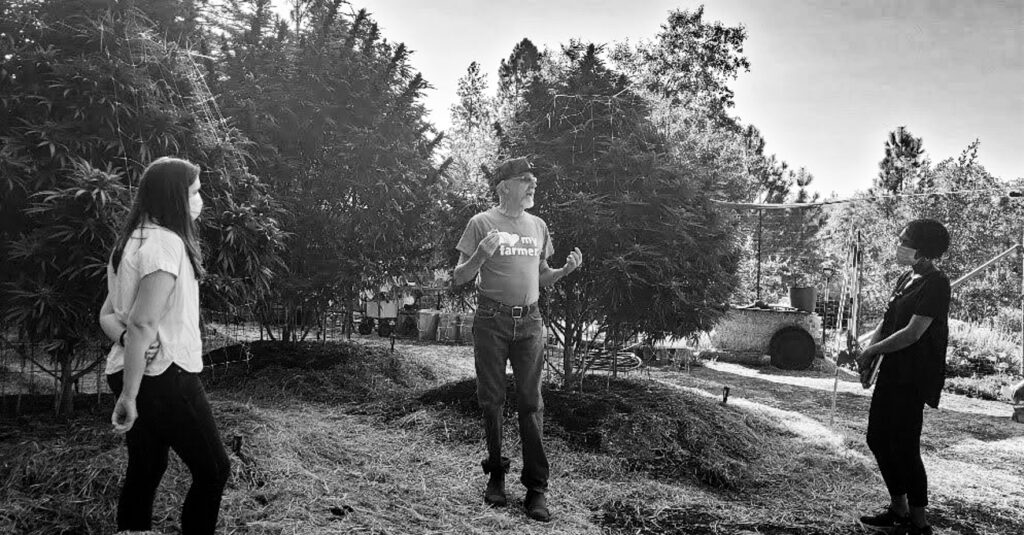Last week, California’s Department of Cannabis Control (DCC) marked its first 100 days as a new state department. The DCC says it has already taken significant steps to deliver on the Newsom Administration’s commitments to support California cannabis businesses and improve the cannabis regulatory framework.
Californians in the weed community have been disappointed with the regulated industry so far, and the change and consolidation to California’s regulatory system was meant to address some of those concerns. It’s clear, however, that the new California Department of Cannabis Control intends to severely crack down on those in violation of the legal regulations, which would once again pit the state against the traditional market (aka the “black market”).
With the new DCC, California intends to continue on its way to creating a world-class regulatory system for one of its largest agricultural exports. However, the legacy weed community wants to be included rather than left behind and re-criminalized.
One of the biggest issues with regulation in California are the excessive taxes and fees that make running a profitable business possible only for the largest, most well-funded corporations. As for the smaller producers, the recreational market still hasn’t brought enough of the legacy market into the regulated market, and that’s because of an onerous and expensive regulatory program.
The stakeholders that the DCC currently seems beholden to are those in law enforcement, especially at the local level; and those large businesses that have invested heavily in producing cannabis for the regulated market. These leaves out the two most significant groups in California weed: legacy producers and all consumers.
“We’ve made meaningful early progress as a new department, but this is only the beginning,” said Nicole Elliott, DCC Director. “DCC will continue to direct significant effort to building a safe, sustainable and equitable cannabis market, including by engaging with all stakeholders, improving access to licensure, and streamlining and simplifying the regulatory framework.”
Below are some of DCC’s self-professed accomplishments during its first 100 days as a state department:
“What we’ve done:
- Launched $100 million local grant program, informed by meetings and input from 17 eligible jurisdictions, to support the transition of businesses into annual licensure by funding completion of local and environmental reviews
- Consolidated three sets of regulations into one, reducing duplicative and conflicting cannabis business regulations, aligning core application requirements and allowing business-to-business trade samples (see regulations here).
- Toured more than 20 licensed cannabis businesses representing all license types, with direct engagement between the licensees and newly-appointed DCC leadership team.
- Transitioned hundreds of provisional licenses to annual licenses, recently issuing the 3,000th annual license
- Reviewed 140 standard operating procedures and 100 method validations submitted by applicants for testing laboratory licenses
- Served or assisted on 118 search warrants targeting unlicensed activity resulting in seizure or destruction of more than 71,751 pounds of cannabis and cannabis product worth nearly $121.6 million, eradication of 273,326 plants, and seizure of $655,000 in cash and 14 firearms; this also includes focused efforts in Mendocino County, Siskiyou County and the Southern California high desert region to support enforcement against water diversions
- Completed ISO 17025 pre-assessment for California’s state-run cannabis testing laboratory
- Merged organizational structure of the three programs into one, creating singular points of contact for stakeholders forging DCC’s strategic plan and unified culture, and developing the organization’s mission, vision and values
- Named permanent and transitionary leadership team
- Relaunched cannabis.ca.gov with expanded state cannabis information”

From left to right:
Lila Mirrashidi, BCSH Deputy Secretary of Business and Consumer Relations
Lourdes Castro Ramírez, BCSH Secretary
Nicole Elliott, DCC Director
Juan Ordaz, DCC Supervising Special Investigator
Richard Parrott, DCC Deputy Director of Compliance
Photo credit: Department of Cannabis Control
Future Plans
According to a press release by the DCC, their ongoing intentions for the near future are as follows:
“DCC is conducting an assessment of all processes and procedures that were in place under the former cannabis programs, with an aim to maintain the best of each former program, further enhance stakeholder engagement and support applicants and licensees. A subset of this work is the aligning the inspection programs for the entire supply chain; DCC is building toward a robust routine inspection program that enhances compliance and accountability for all businesses.
Over the next year, DCC anticipates taking multiple, comprehensive regulatory actions to further simplify and enhance the cannabis regulatory framework. This includes regulations to implement fee waivers for equity applicants and licensees, which will be released within the next 45 days. DCC anticipates ongoing, direct engagement with equity applicants and licensees to better understand their unique needs and challenges.
DCC is deepening partnerships with local and state partners, including to support licensing, compliance, enforcement and equity programs. Through DCC, the state will continue to offer support and technical assistance for local governments, creating pathways for businesses to participate in the licensed, legal marketplace.
Our This is California Cannabis campaign, which promotes the benefits of licensure, will expand during the next six months to include retailers and manufacturers, in addition to cultivators. Additional education and support for businesses to remain compliant post-licensure will be released within the next year.
DCC and the Newsom Administration will make additional appointments over the coming months to fill top leadership and advisory roles. DCC also anticipates ongoing recruitments to fill vacant positions throughout the department. This hiring will support the development of infrastructure necessary to support the department in meeting its mission and fulfilling its mandates.”


